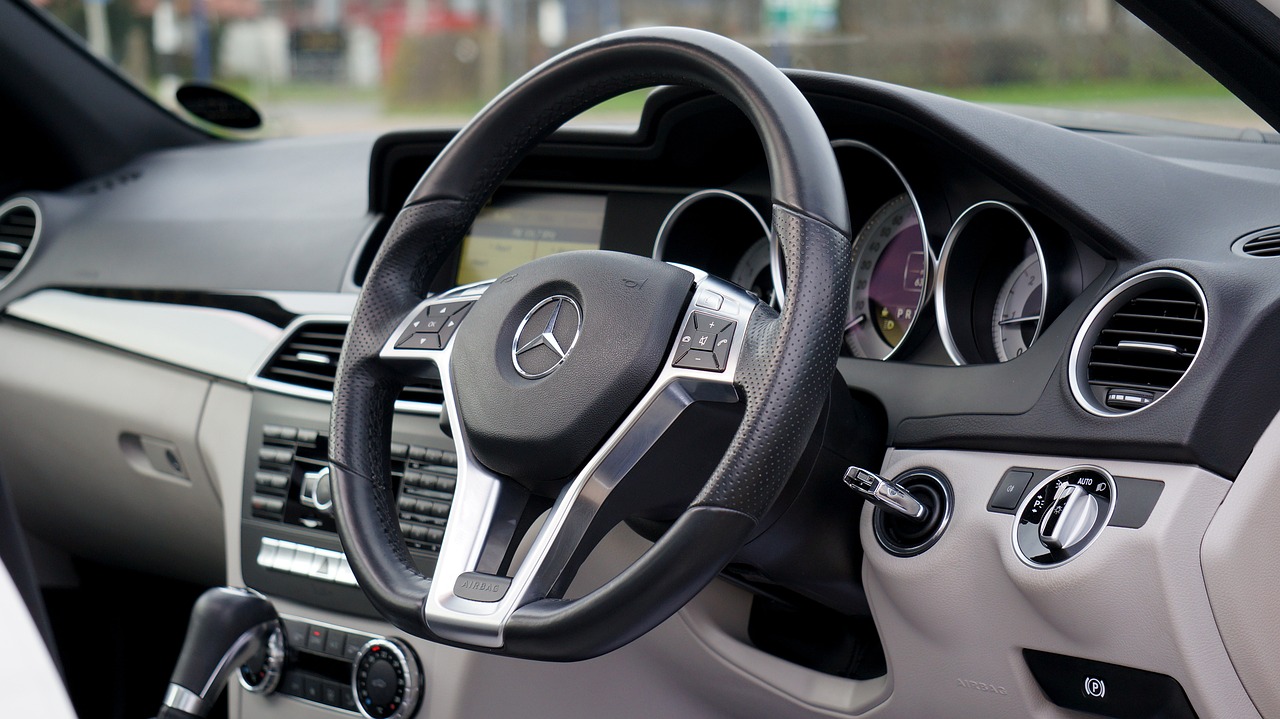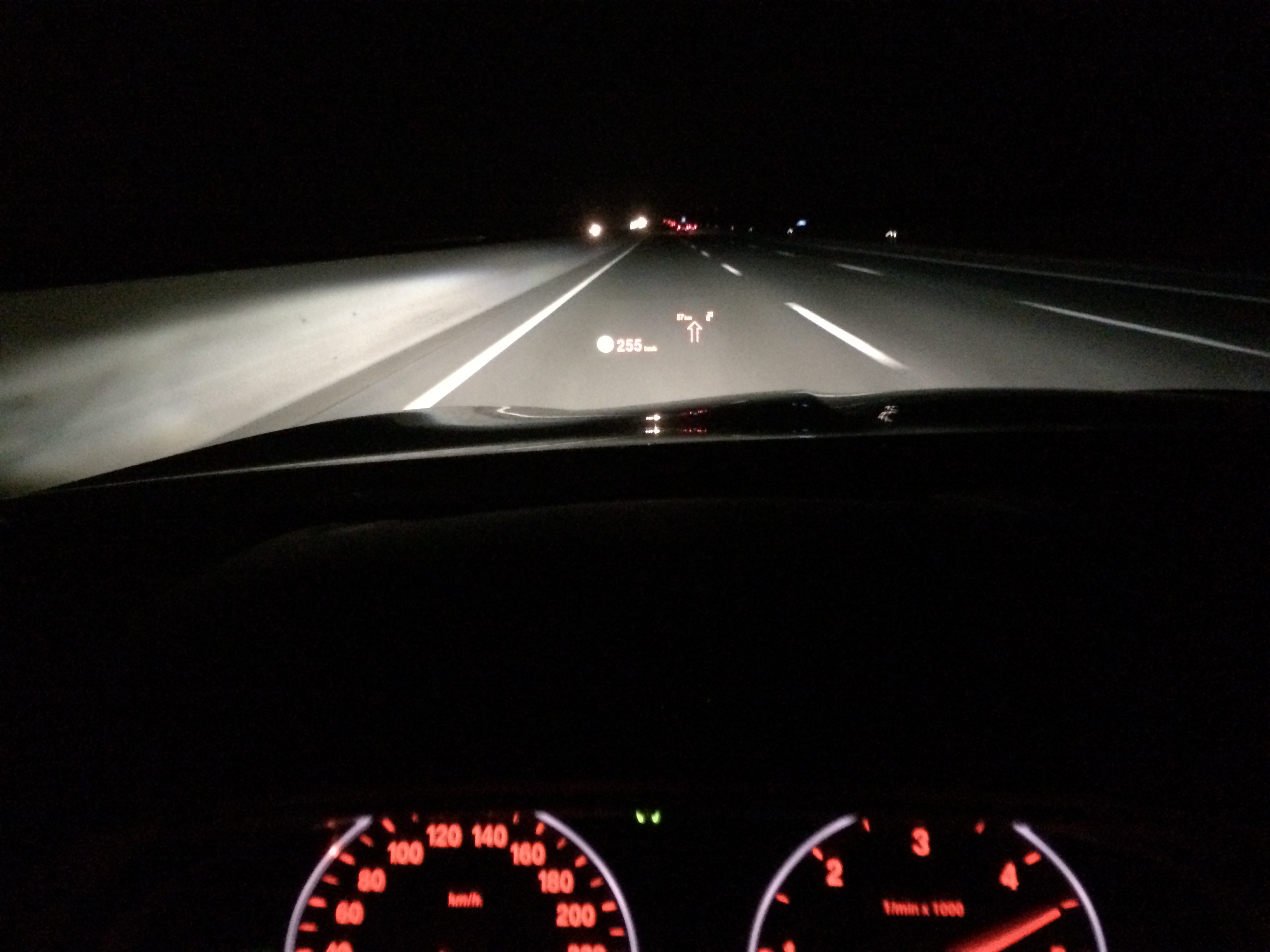A car is something without which we feel uncomfortable. It allows us to freely move around the area and not be tied to a subway or bus schedule. Also, cars are very popular among travelers who rent them around the world. Moreover, this is very easy to do – just go to Rental24H.com and enter the desired location. After that, you will receive a complete list of cars from all available brands. Under 25 car rentals for young drivers are also available.
As for cars, today they learn to drive without the human’s help, can connect to the Internet and are becoming more secure and convenient. Automakers are constantly presenting to the world many interesting technologies that may become serial in the near future. Many of them already appear in modern cars. Well, what kind of innovations should we expect in the future?
Drunk-Lock System
Honda and Hitachi have developed a breathalyzer key that can detect the level of alcohol in the driver’s blood within three seconds. The concentration of ethanol in the exhalation of the driver is measured by semiconductor sensors that determine the presence of ethanol, hydrogen, and acetaldehyde decomposition products.
If the system detects that the driver is intoxicated, the electronics will block the ignition and prevent the engine from starting. The result of the breath test will appear on the screen of the car multimedia system, but we are not talking about automatic informing the police.
Gesture Control

By the centenary of BMW, the company introduced the innovative Vision Next 100 concept, which implements a gesture control system. The top of the dashboard is covered with sensors that track hand movements.
Even earlier, engineers from Jaguar Land Rover spoke about the concept of gesture control, introducing the Discovery Sport prototype. And the first production car with this technology was the BMW 7-Series, presented recently. The Bavarian Gesture Control system allows the driver or passenger to swap their hands in the air to change the radio station, adjust the music volume or receive/reject phone calls, as well as control the media system menu without using the touch screen.

Multi-Section Headlights
Intelligent headlights are not a new development, as light sources that can obscure certain areas of the road. Now technology comes to the mass segment – Ford offers Highbeam glare-free headlights. The system works with adaptive LED headlights, which can change the direction of the light flux and its intensity, taking into account the speed, angle of rotation and information from the front camera that tracks the presence of oncoming or passing-by cars.
The device monitors the headlights of oncoming cars at a distance of up to 800 meters. For the first time, a new development will be applied on S-Max and Galaxy models.
Augmented Reality
Toyota is about to turn the windshield into an informational display. Unlike the well-known projection systems, which use only a small part of the windshield, the Japanese intend to project information onto any point on the glass.
A special camera will track the position of the driver’s eyes and give out glass data about those objects that fall into his field of vision. Moreover, Toyota will take into account steering wheel position information and navigation information to form trajectory prompts.

Smart tinting
You can darken the glass at your own discretion – Continental offers technology that will allow changing the light transmission at the command of the driver or electronic control unit. Intelligent Glass Control technology is a film with electrochromatic particles that change their position under the influence of electric current, thereby darkening the glass.
Such glass can change transparency automatically, for example, depending on intense sun or outdoor lighting, as well as when entering and leaving the tunnel. Moreover, glass can be tinted only partially, which will allow you to abandon the sun visors.

Smartphone Key
A special application for a smartphone can replace the car key. Volvo offers a solution that makes it possible not only to open/close the car, but also to start the engine by using Bluetooth technology. In addition, the digital key can be transferred to relatives or friends directly via the network.
The technology also simplifies the process of renting a car, eliminating the need for a visit to the office of a rental company – by paying for the car online, the client, being anywhere in the world, will receive a digital key on his phone. The technology was first tested at the airport of Swedish Gothenburg, and soon the digital key will be available to customers of the latest Volvo models: S90, V90 and XC90.

Intelligent tires
Bridgestone promises to introduce tires with the function of reading information in the contact patch. A technology called Contact Area Information Sensing (CAIS) will help the driver and on-board electronics get more information about the state of both the tire itself and the roadway.
The tire itself determines the type of road (dry, semi-dry, wet, dirty, snowy, icy), transmitting data to the car’s directional stability system, and also informs the driver about the need to change or maintain the tires. Sensors inside also collect information about the temperature of the tire, its deformation in the contact patch, as well as the forces acting on the wheel.
